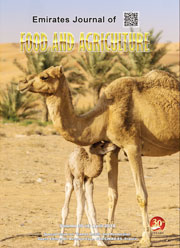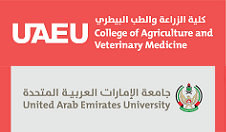OPTIMIZATION OF PARBOILING CONDITIONS FOR ENHANCED JAPONICA RICE MILLING#
DOI:
https://doi.org/10.9755/ejfa.2016-03-322Keywords:
Rice, Post-Harvest, Parboiling, Optimization, MillingAbstract
Indica type rice (a common staple in the world) is usually treated using the parboiling process. Loss in grain quantity and quality during
this treatment is currently observed in many communities of the world. However, due to its non-availability in Korea, Japonica variety
(a widely grown rice in Korea) was investigated in this study to establish optimal parboiling condition(s) for milling. The Taguchi L9 (34)
orthogonal array optimization method was adopted. To achieve quantity, optimal parboiling conditions peaked in moisture content of 27%
after soaking; steaming temperature of 90°C for 40 minutes; and drying at a temperature of 35°C. There was a significant increase in the
milling rate from 70.48% of the control to 74.97% of the best experimental result. Minitab analysis showed drying temperature to be the
most significant factor for milling yield. In qualitative analyses, there were varied optimal conditions, but the conditions for quantitative
analyses can be adopted since nutrients optimized at the same conditions as stated above. Nutrient analysis showed a significant increase
of 2% and 1.4% in protein and amylose contents respectively when compared with the control. Findings from this study show that only a
right combination of all factors can guarantee a good outcome from the parboiling process; it is better to skip the process than to perform
it improperly. The degree of combination of factors is dependent on the variety. Therefore, studies should always be carried out on new
developed varieties before parboiling commences.










 .
.